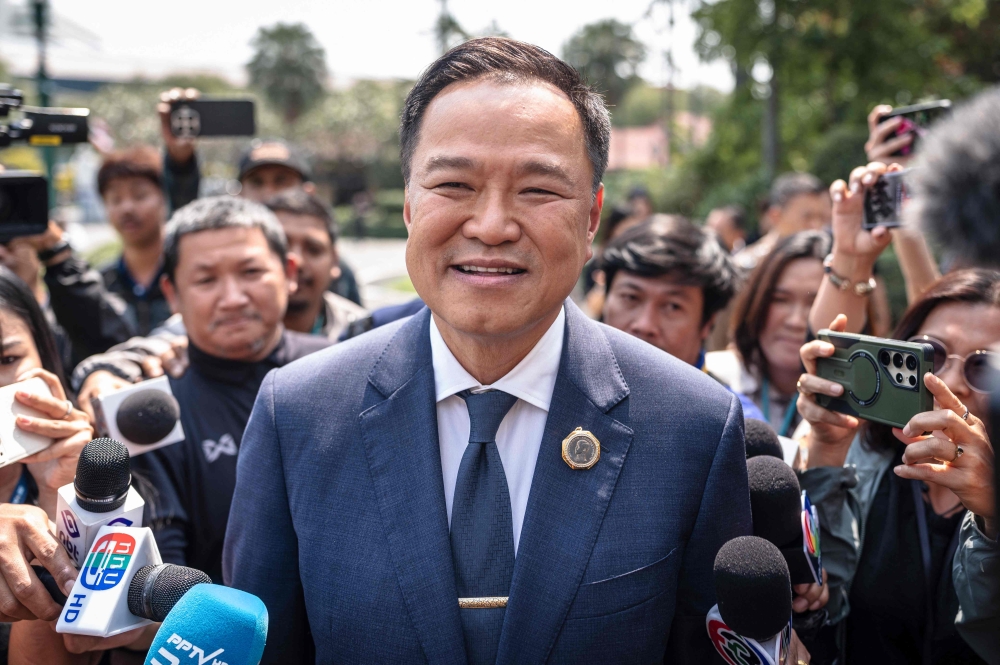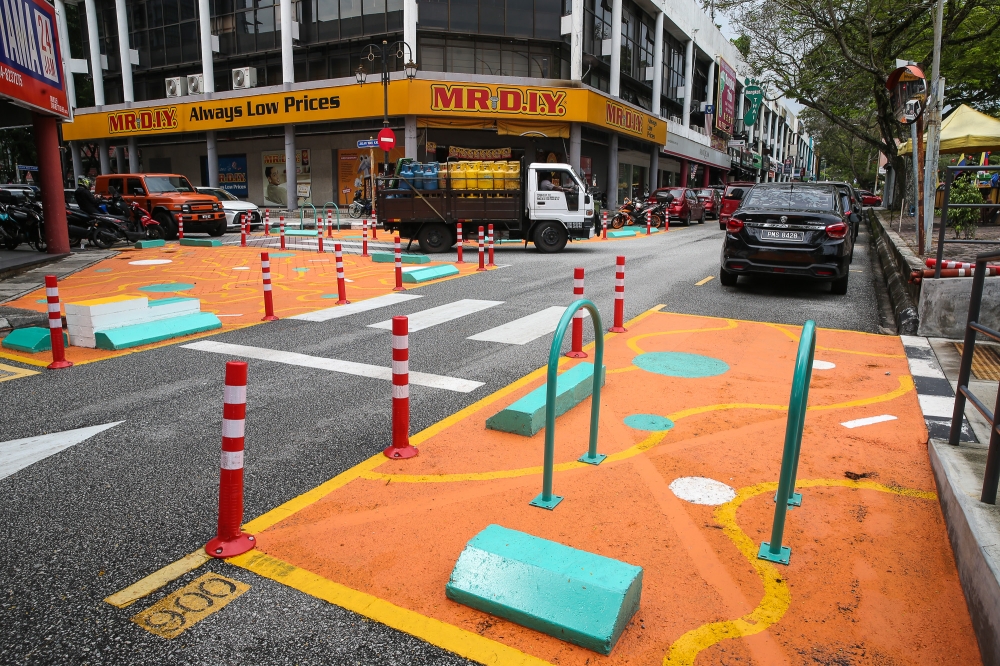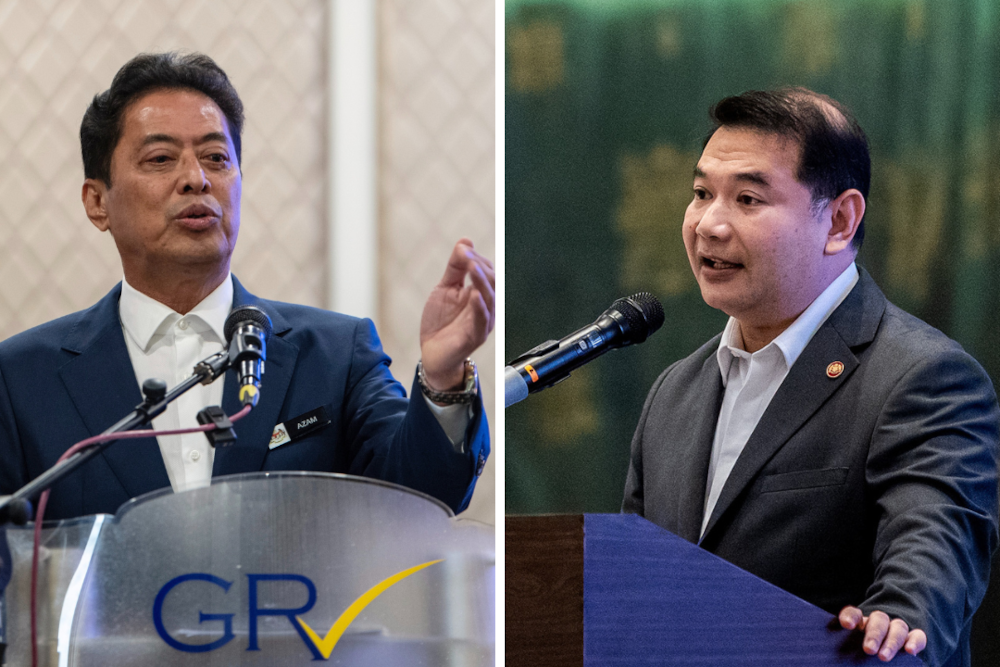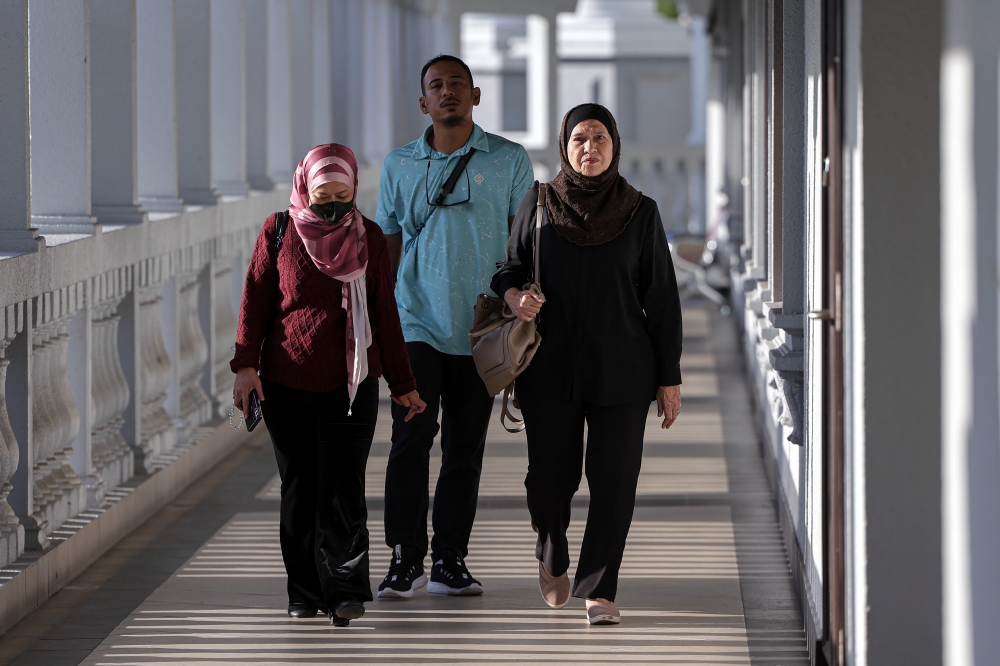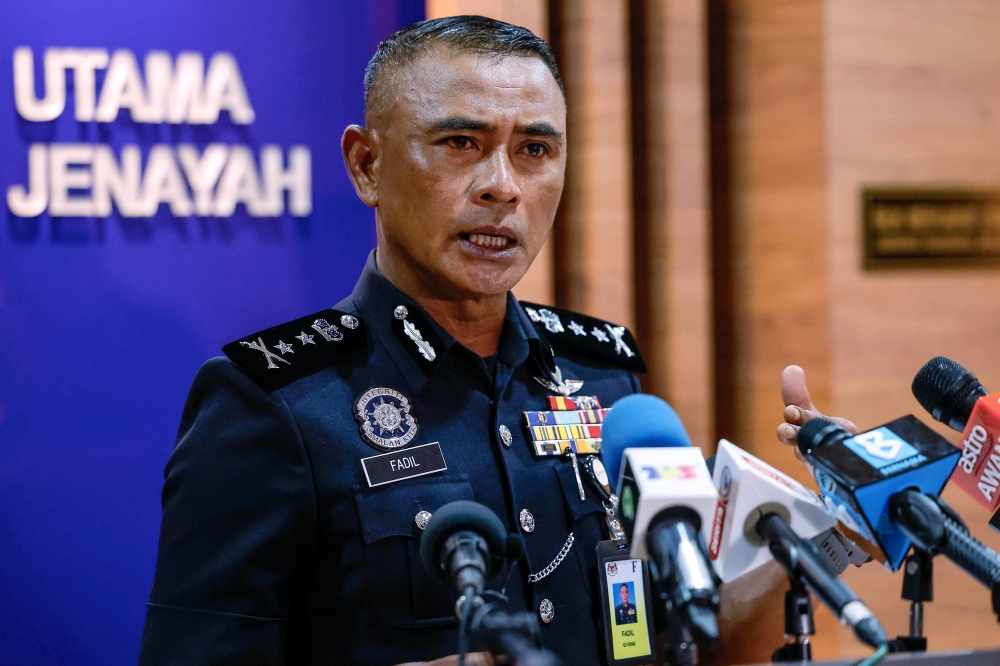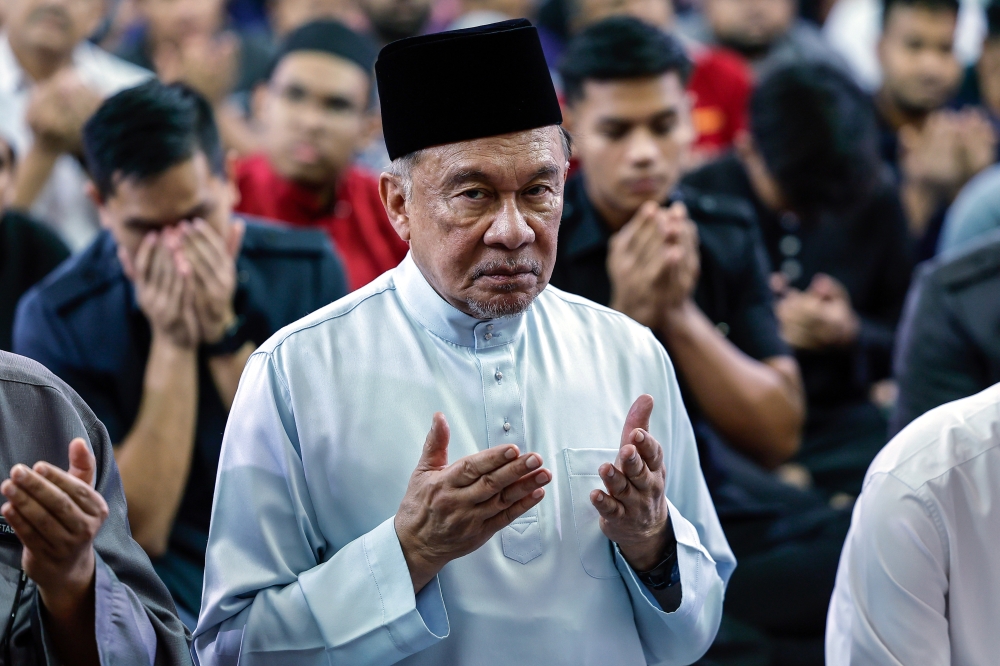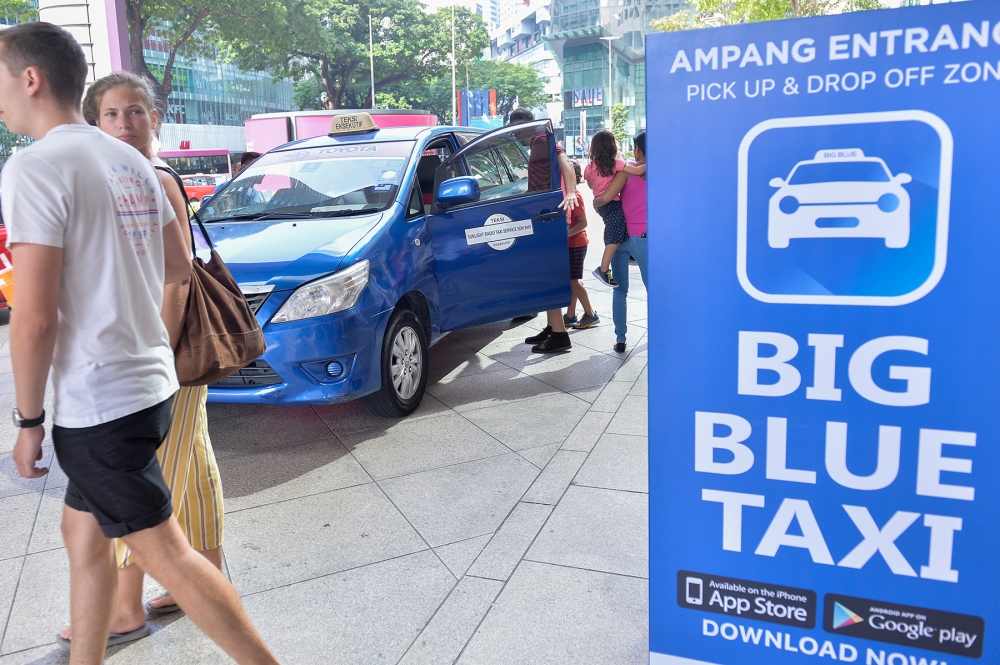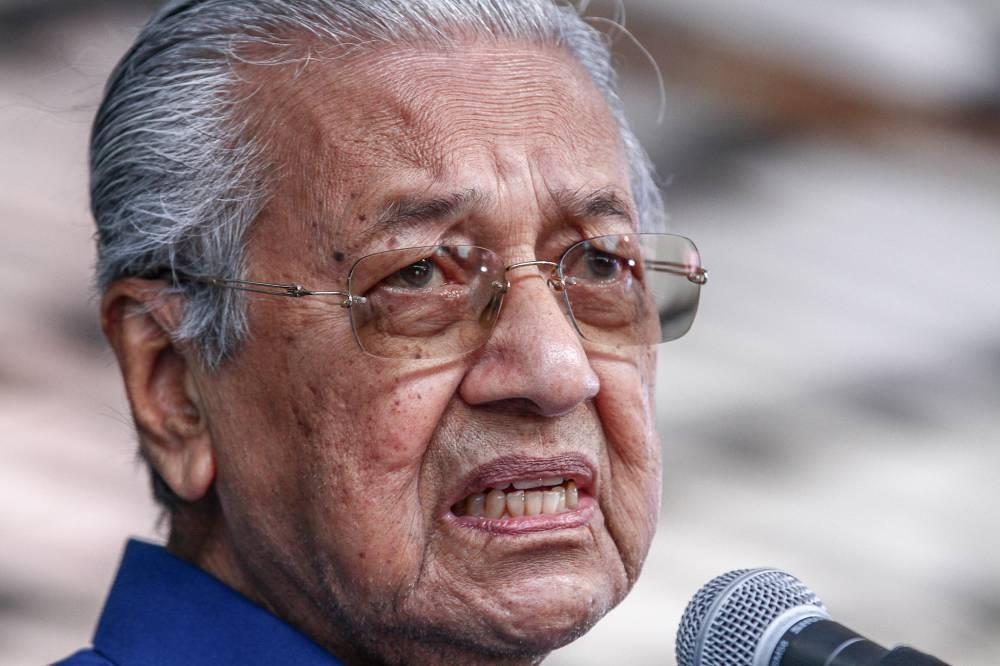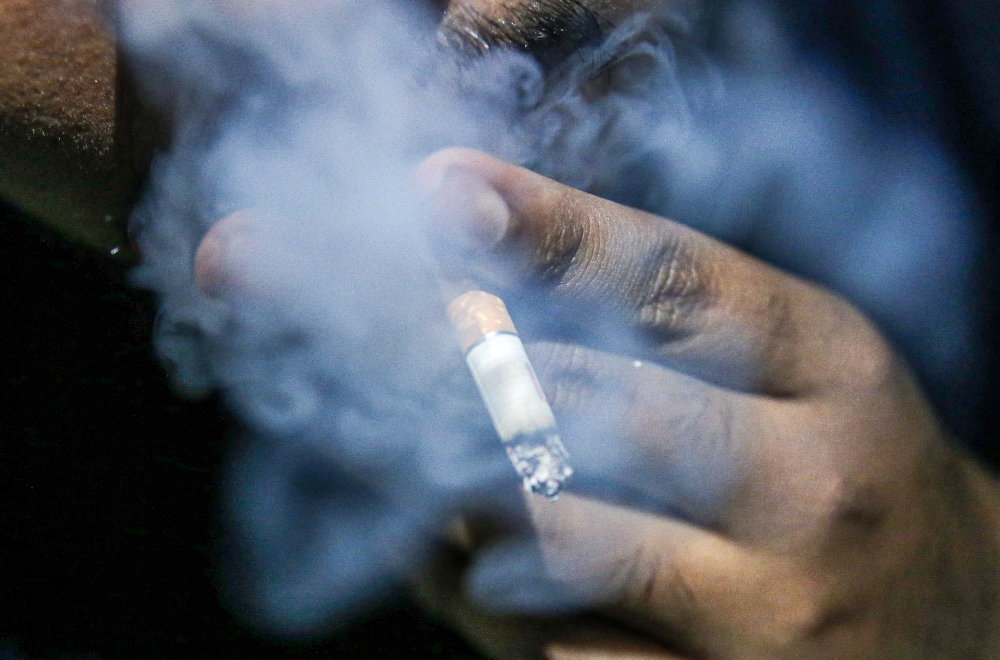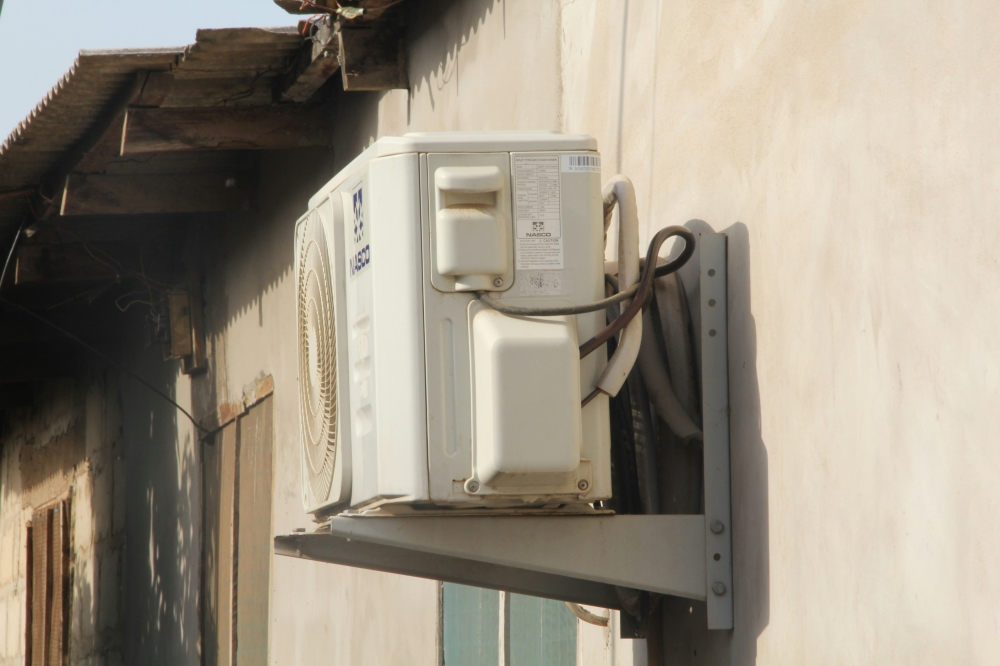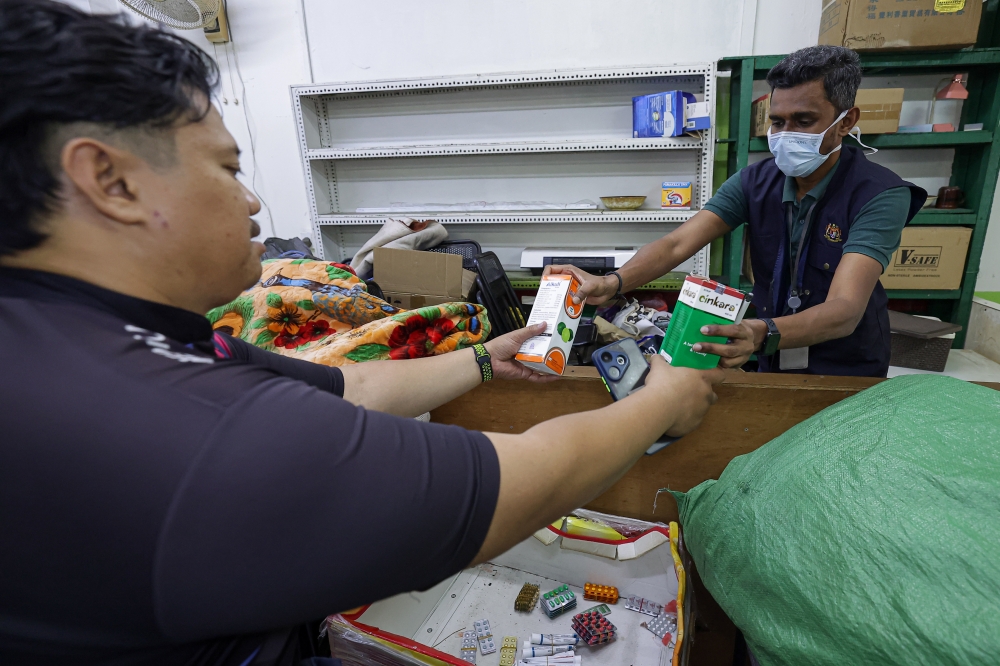KUALA LUMPUR, July 22 — The Malaysian government should reintroduce the pegging of the ringgit to a foreign currency as done during the 1998 Asian financial crisis while dipping into the Treasury's reserves for subsidies to tackle inflation, former prime minister Tun Dr Mahathir Mohamad said.
In an interview with local newspaper Sinar Daily, Dr Mahathir said the ringgit should no longer have its value determined by the open market, but should be pegged again — as done during his first tenure as prime minister.
"Like in the past, we (Malaysia) saved the country and other countries when the ringgit currency exchange rate was fixed at RM3.80 to one US dollar (while facing the 1998 Asian Financial Crisis).
"Not only were we saved, but all other countries also benefited from this.
"But now we do not take care of the currency value. Then, there are those who deliberately bring down the ringgit's value. When that happens, we become poor as the purchasing power reduces," the 97-year-old two-time prime minister was quoted saying by Sinar Harian in the Wednesday interview published today.
Dr Mahathir also reportedly said that foreign investors would pull out of Malaysia when the ringgit value falls to avoid suffering losses.
Dr Mahathir was prime minister of Malaysia from 1981 to 2003, and became prime minister again from May 2018 to February 2020.
The ringgit was pegged to the US dollar from 1998 to 2005, and Bank Negara Malaysia had on July 21, 2005 shifted to a managed float system for the ringgit.
This is not the first time that Dr Mahathir had raised the idea of Malaysia pegging the ringgit to the US again, having on May 11 floated the suggestion amid the ringgit's declining and fluctuating value.
On May 13, however, Bank Negara Malaysia Governor Tan Sri Nor Shamsiah Mohd Yunus said it would not be in Malaysia's best interest to peg the ringgit as it would carry substantial risks such as having to mirror the monetary policy of the country that the ringgit is pegged against, and being very costly as it would take up a sizeable amount of reserves.
Nor Shamsiah had also said having such a currency peg would negatively affect investors' sentiments which may also lead to capital outflows and stressed that having a flexible exchange rate is the most appropriate for Malaysia in the current circumstances, also noting it was the capital controls back in 1998 that was a key contributing factor in Malaysia's ability to track the ringgit then.
On May 23, former Bank Negara Malaysia deputy governor Sukudhew (Sukhdave) Singh cautioned against having a ringgit peg, pointing out that it would require a lot of foreign currency reserves for the central bank to defend such a peg. He pointed out that Malaysia had during the Asian Financial Crisis also carried out other measures to stop currency speculation and capital from leaving the country, including demonetising the RM500 and RM1,000 currency notes, and introducing capital controls to limit the outflows of money by residents and non-residents.
In the same interview, Dr Mahathir said Malaysia should emulate the US government's initiative during the 2008 financial crisis where it had carried out quantitative easing to help citizens with the rise in cost of living.
Responding to claims that the Malaysian government lacks funds to give additional subsidies to Malaysians, Dr Mahathir said the country actually has substantial Treasury reserves — with 40 per cent of the gross domestic product (GDP) being kept each year — and part of these funds could be used to give out subsidies.
Pointing to the Treasury reserves and noting that Malaysia has "a lot of money", Dr Mahathir said tapping a portion of these funds on subsidies would not be a liability, as the money is from savings and would not be from borrowings.
"Take 10 to 20 per cent from this fund, will not affect the Treasury reserves. The fund is still big and it will strengthen our currency," he was quoted as saying.
Dr Mahathir also reportedly said the government would not lose out by giving subsidies to Malaysians during a crisis, as the money given to them for spending would result in businesses profiting and funds going back to the government in the form of tax returns.
"We have to help the people, give subsidies where it should be given. Subsidies would not be a loss for the government.
"If the government spends RM100 million on the people, maybe the tax returns that can be collected is up to RM50 million. Have to be efficient in managing finances," he said, adding that this would then help curb the rise in cost of living and help the country's economy.







